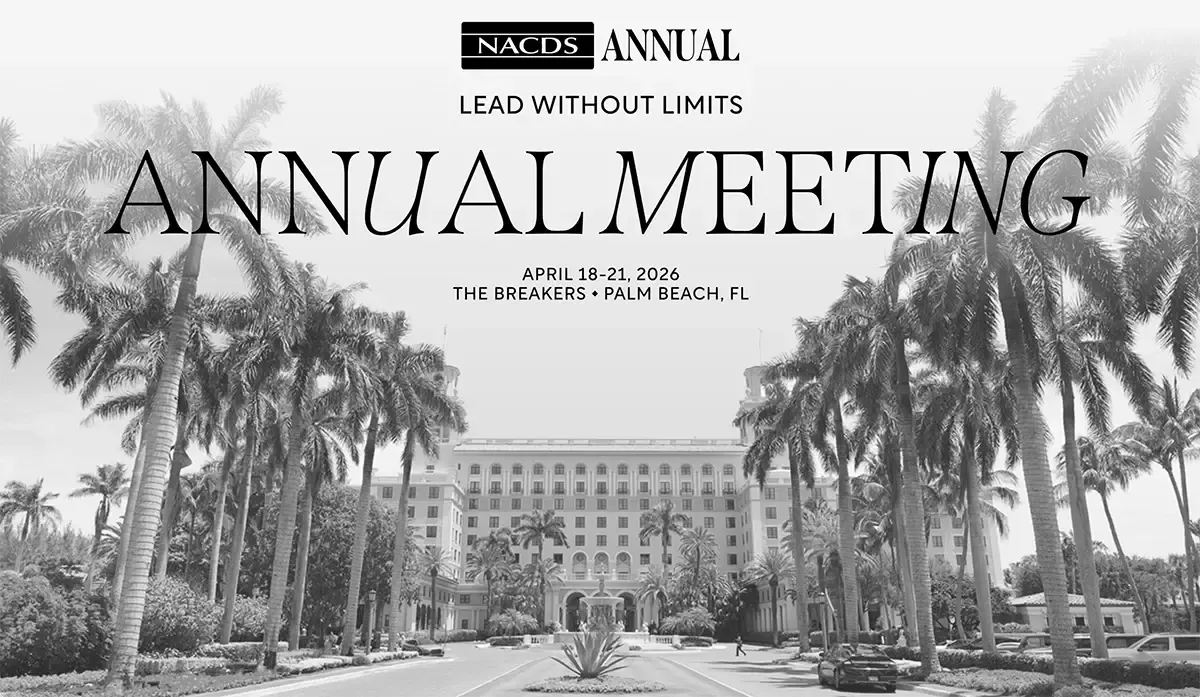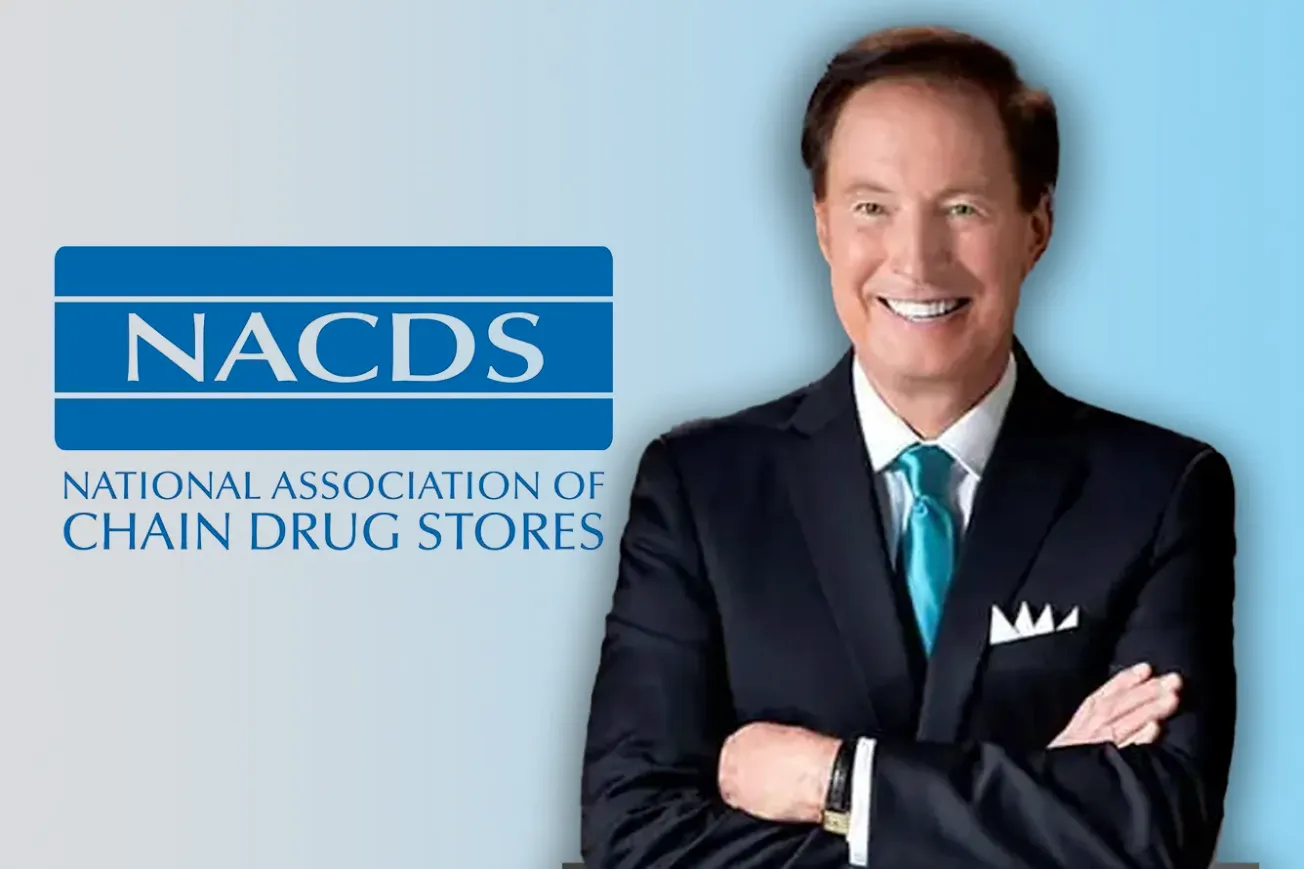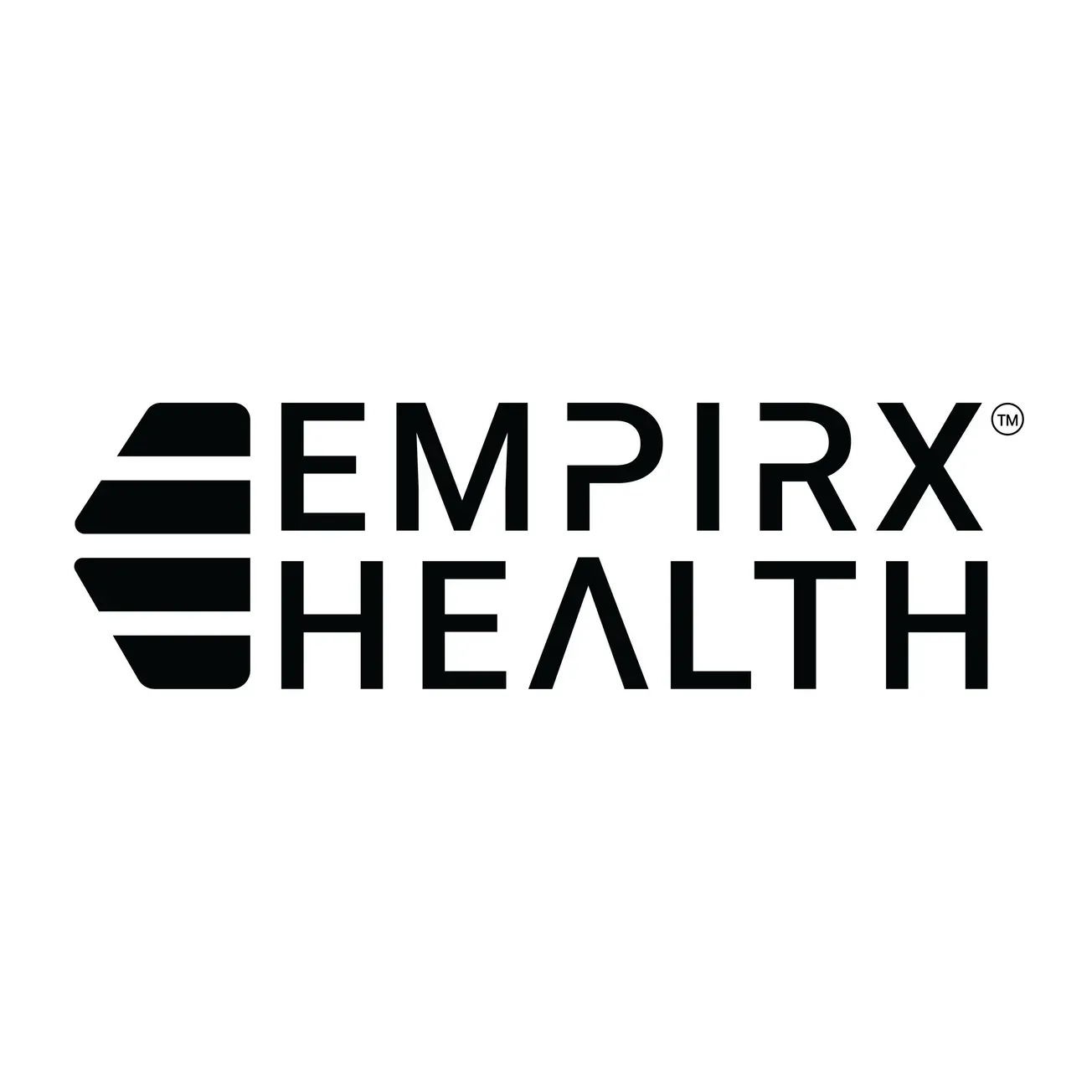SAN FRANCISCO – VeriSIM Life, the leading AI-enabled R&D de-risker for breakthrough drug design and development, announced today the availability of AtlasGEN™ Novel Drug Designer. AtlasGEN is the first and only platform that combines generative chemical discovery with biological validation to dramatically compress drug candidate selection and reduce costly experimental research, while increasing the likelihood of clinical success.

Unlike other generative AI drug discovery tools that design compounds based on chemical properties, AtlasGEN also considers biological translation—how well the drugs work in the human body and if they are safe. Integrating biological translation into drug design is critical because novel drug compounds generated by AI are unfeasible for clinical use when the AI is unconstrained by biological parameters. Thousands of prospective compound hits may be identified, resulting in significant experimental validation to determine clinical viability, at great expense to drug developers. Computationally pre-validating novel compound hits based on biological translation greatly reduces experimental burden and increases the likelihood of drug program success.
“At a time when the drug industry has become less effective developing new approved drugs, drug costs have continued to increase while drug shortages negatively impact patients in need of new alternatives,” said Dr. Jo Varshney, CEO and Founder of VeriSIM Life. “The sustainability of our healthcare system requires faster and more effective methods to generate new safe and effective drugs, and I’m excited at the prospect of AtlasGEN contributing to meet this critical challenge.”
AtlasGEN Novel Drug Designer is part of the BIOiSIM® platform, a first-in-class decision engine that enables drug discovery and R&D de-risking. BIOiSIM features Translational Index™, a unique combination of metrics representing a compound’s likely therapeutic effect, akin to a credit score. The Translational Index provides explainability into the platform’s artificial intelligence analysis. This not only helps create innovative compounds but also explains why they’re predicted to be potent and safe, making its AI-designed drugs more transparent.
AtlasGEN comes at a time when more than 300 million patients lack treatments for unmet diseases, and 10 million will die this year from cancer alone, but current methods of finding new drugs have become less successful. In fact, the number of registered new drug candidates has increased 72%, but the relative proportion of approved drugs from big pharma has fallen from 76% to 25%.
“Generative AI has created much excitement in the industry, for good reason,” said Dr. Jascha Blobel, CBO at Golden Gate Biotech. “But AI by itself cannot design drugs for real patients. I strongly believe the path forward for computational drug design will be built on the integration of generative AI with bio knowledge systems that can govern and guide discovery. AtlasGEN has the true potential to transform the pharmaceutical industry.”









